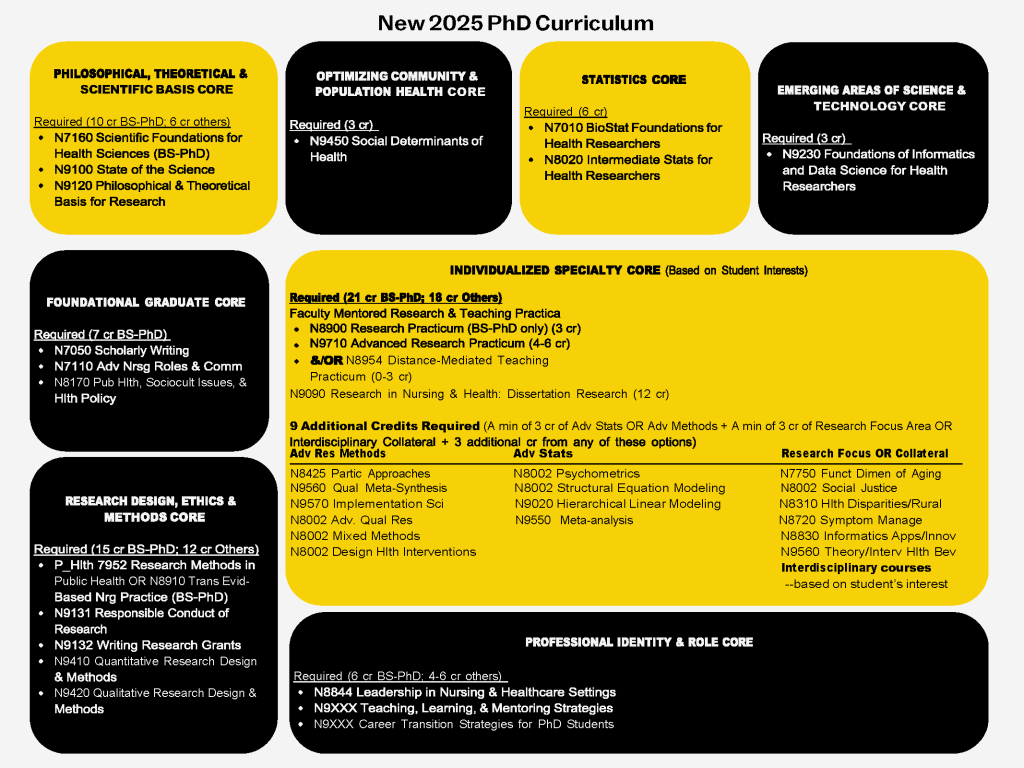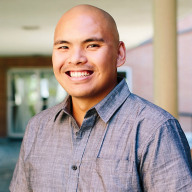Mizzou requires a minimum of 72 credit hours, including 15 hours of 8000-9000 level coursework exclusive of readings, research, problems and independent study experiences, beyond the bachelor’s degree for the PhD. The student’s doctoral committee may recommend that up to 30 hours of post-baccalaureate graduate credit from a regionally accredited university be transferred toward the total hours required for the doctoral degree. All transfer credits are considered general electives. They cannot be used toward the 8000-level requirement but are considered as credit hours toward the completion of the degree. It is the responsibility of the doctoral committee to determine whether it is appropriate to transfer credit; however, the Mizzou Graduate School must make the final review of the transfer request to determine if the credit meets the minimum guidelines. Ultimately, the student’s doctoral committee, in collaboration with the student, determines the student’s plan of study and total credit hours necessary to adequately prepare the student to successfully complete their dissertation research.
Depending on prior coursework, typical post-baccalaureate students take ~80 credits. Post-master’s students take ~61-63 credits and post-clinical doctorate students take ~50-63 credits, including dissertation hours.
The PhD program at the Mizzou Nursing can be completed in three to five years of full time study, depending on whether the student entered as a post-baccalaureate or a post-graduate degree student. International Residential PhD students are required to be enrolled in full-time study. Part-time study also is available for students in the Online option.
Overview of PhD Curriculum
The new PhD Curriculum (see Concept Map below) was revised using a participatory approach that incorporated the AACN Research Focused Doctoral Program in Nursing: Pathways to Excellence (2022), the National Institutes of Nursing Research Strategic Plan (2022-2026), as well as PhD faculty, alumni and student input. We believe our new curriculum will prepare the next generation of scholars and innovators to pursue diverse career options.

